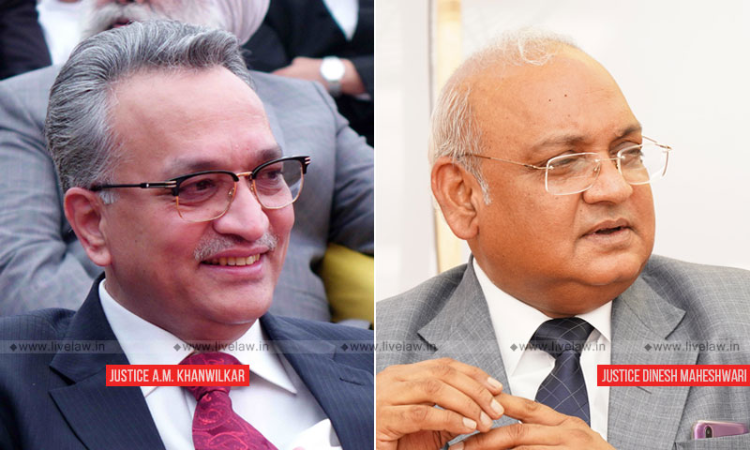Writ Jurisdiction Cannot Be Utilised By A Litigant Only To Take Chance: Supreme Court
LIVELAW NEWS NETWORK
15 Jan 2021 4:55 PM IST

'A litigation cannot be allowed to be unendingly kept alive at the choice of a litigant.'
Next Story
15 Jan 2021 4:55 PM IST
